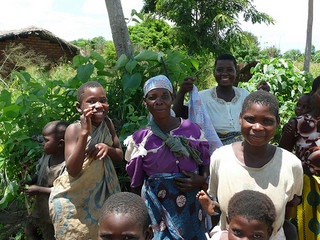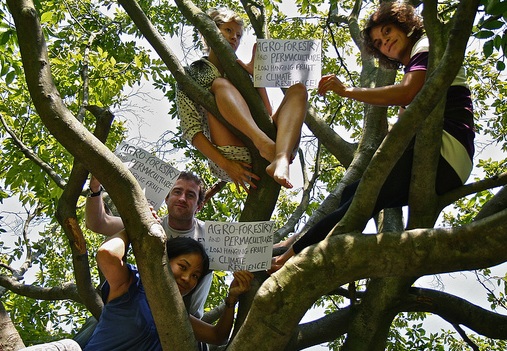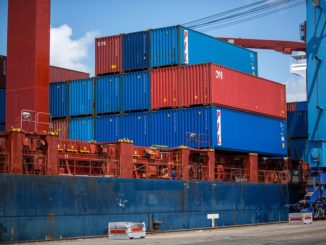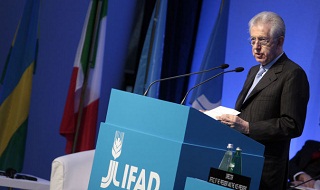Two eye catching and high level international conferences are soon to be held in Dublin. These events are themed around on food, hunger, sustainability and climate change, and are in Dublin because of Ireland’s EU presidency. Prior to the “Hunger, Nutrition and Climate Justice” event in Dublin Castle 15th and 16th April, which ARC reported on recently, there is the “Food Security Futures” conference on 11th and 12th April.

The Food Security Futures event deals with climate change, resources and public sector priorities. Contributors include Frank Place of ICRAF – the World Agroforestry Centre.
For agroforestry to finally be receiving this level of profile in western countries is good news. Agroforestry is proving, in country after country in the tropics, to be a real multi-faceted solution to a myriad of problems, from poor soil quality to low yields, climate change to poverty. In fact, the range of positives that emanate from agroforestry even stretches into gender and nutrition.
Agroforestry is about integrating trees and scrubs into farming systems, to form a mutually beneficial system of food and other commodities’ production.
Frank Place’s paper, with Alex Meybeck of the FAO, deals with resources and food security. It’s a treasure trove of useful information to back up the above outlined benefits of agroforestry.
It’s worth quoting from:
“Because food security is dependent on complex and intertwined issues of sustainability, availability, access, utilization and diet quality – and not production of food energy (calories) alone – it is evident that new approaches are needed to feed the world’s population both efficiently and equitably.
Increases in food production over the past 50 years have been made largely at the cost of forest biodiversity and ecosystem service provision yet there is considerable evidence that diverse agro-ecological tree-based systems can be equally, if not more productive in terms of actual yield, notwithstanding the biodiversity benefits of such approaches.
A clear programme of work on managing forest landscapes directly for food, but also indirectly for the biodiversity and ecosystem services that underpin sustainable food production, should be increasingly placed at the centre of future development initiatives.”
Place’s paper also points out that agroforestry promotes, in particular fodder and fertilizer trees, which are a real, environmentally positive alternative to expensive, inorganic fertilizer and bought in feeds.

Agroforestry also promotes lots of crop and income diversification and helps prevent deforestation (by bringing the resources of the forest onto the farm); this latter point also benefits women in the economically impoverished parts of the world especially. Otherwise, they would have to travel many miles to harvest firewood, as well to collect food and medicinal plants. Nutritionally too, children with access to forestry resources score better.
Irish (foreign) Aid is a big funder of agroforestry. Considering the positives, agorforestry should be front and centre of the European countries’ overseas aid priorities. Unfortunately, in the CAP negotiations, the main focus seems to be on cutting aid.





